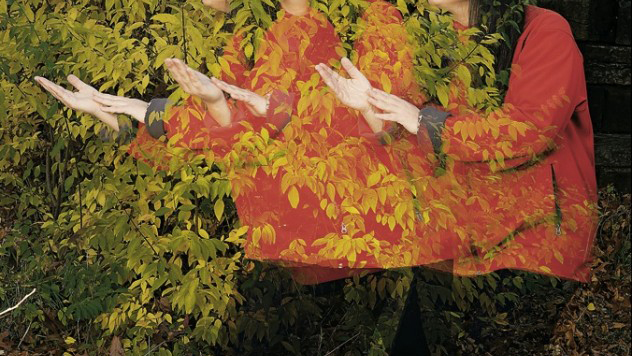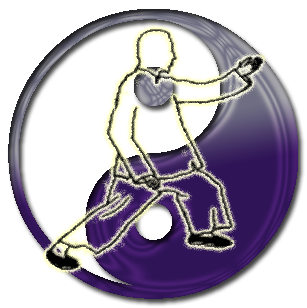Yang stlye Tai Chi + Chi Kung
-
Tai Chi is a traditional Chinese exercise. It is commonly practised by people of all ages in parks and open spaces all over China. It is an apparently effortless exercise recognisable because of its slow graceful movements. These movements combined with conscious relaxation and deep breathing give Tai Chi its meditative aspect. Tai Chi requires no equipment and only minimal space for practise. Even so it is an effective form of exercise that improves body condition, suppleness and strength.

Classes and Workshops
-
Joseph is a talented instructor and practitioner of Tai Chi, Chi Kung and Meditation.
He has been teaching for over 20 years and is a registered instructor with The Tai Chi Union for Great Britain.
Having a sincere passion for Chinese internal arts, Joseph pursues his personal development studying with teachers
of international renown. He has wide teaching experience providing classes and workshops for MMU, Total Fitness,
Arden school of Theater, North Trafford College, Village hotels, Target Fitness as well as private classes.
Student groups have ranged from school children to teachers, gymnasts to senior citizens, undergraduates, architects,
actors and musicians.

Public weekly sessions held in Worsley, Fallowfield, Cheadle and Macclesfield. Coming soon to Romiley and Mellor.
Classes can be tailored to fit your needs, please contact us if you have any questions.
Good News

Harvard medical school reports benefits of Tai Chi
“A growing body of carefully conducted research is building a compelling case for tai chi as an adjunct to standard medical treatment,”

Easing Ills through Tai Chi
“Doing tai chi makes me feel lighter on my feet,” says Kerr, a Harvard Medical School (HMS) instructor who has practiced for 15 years.

Tai Chi can improve memory and thinking
A new study has revealed how elderly people practising Tai Chi just three times a week can boost brain volume and improve memory and thinking.

Harvard medical school reports benefits of Tai Chi
“A growing body of carefully conducted research is building a compelling case for tai chi as an adjunct to standard medical treatment for the prevention and rehabilitation of many conditions commonly associated with age,” says Peter M. Wayne, assistant professor of medicine at Harvard Medical School and director of the Tai Chi and Mind-Body Research Program at Harvard Medical School’s Osher Research Center. An adjunct therapy is one that’s used together with primary medical treatments, either to address a disease itself or its primary symptoms, or, more generally, to improve a patient’s functioning and quality of life.

Easing Ills through Tai Chi
“Doing tai chi makes me feel lighter on my feet,” says Kerr, a Harvard Medical School (HMS) instructor who has practiced for 15 years. “I’m stronger in my legs, more alert, more focused, and more relaxed—it just puts me in a better mood all around.” Although she also practices sitting meditation and does a lot of walking, she says that the impact of tai chi on her mood were so noticeable—even after she was diagnosed with a chronic immune system cancer—that she has devoted her professional life to studying the effects of mind-body exercise on the brain at Harvard’s Osher Research Center.

Tai Chi can improve memory and thinking
A new study has revealed how elderly people practising Tai Chi - an ancient Chinese form of slow, meditative exercise - just three times a week can boost brain volume and improve memory and thinking. As the exercise increases mental activity, scientists believe it may be possible to delay the onset of incurable Alzheimer's in pensioners. Previous research has shown Tai Chi can help relieve stress, improve balance in the elderly and stave of high blood pressure - helping those who suffer from heart disease.

Tai Chi is a suitable exercise for older people
"Our findings support the results of a previous systematic review that showed the effectiveness of Tai Chi on health outcomes in older patients with chronic conditions," Dr Yi-Wen Chen and colleagues wrote in their research paper. "Tai Chi can improve some physical performance outcomes in four chronic conditions (cancer, osteoarthritis, heart failure and COPD) but not at the expense of worsening pain or dyspnoea (breathlessness)."



